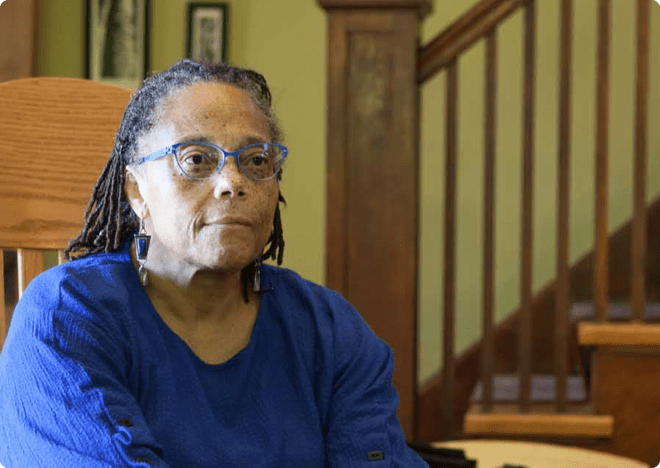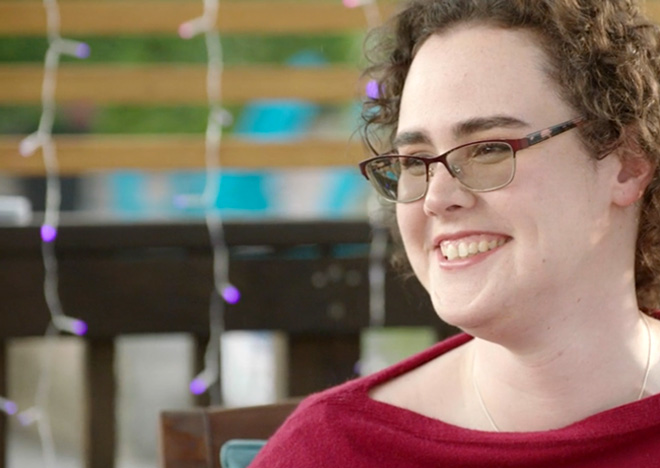Video library
Inheritance of hATTR Amyloidosis
Transcript
Ron Jr: For some reason I don't think I'll make it past my 50s. When I stop and start thinking about the mortality of it and everything, the things that come to mind is my wife and my daughter. And that's pretty much what I think about is what are they going to do?
Don: I try not to think about it as much. I just don't, you know, I just don't feel like worrying that there's not much I can do about it until, you know, the doctors do what they need or pharmaceuticals, you know, advance and, and things like that. You know, it's a little worrisome but, really, when my wife hears this stuff, she's, you know, she sees what her husband's going to have to go through, her children are going to have to go through. And just that, that part's hard.
Ron Sr: My father had amyloidosis. Nobody really knew what it was back then. As we grew up, we didn't even know about it, so we didn't even think about it until he was diagnosed with it. And it was said to us that it could be passed on. We had a 50-50 chance of having it be passed on to each individual.
Sandie: Amyloid is a disease in our family mostly of our nerves. My dad died in 1983. We knew it was hereditary at that time. Watching your parents suffer with this kind of disease, that as it advances all you want to do is lay around and sleep, isn't easy as a child. Watching my dad go through it was really rough.
Ana: It affects the body with the nervous system. It affects your GI tract. It affects your autonomic nervous systems. It overall just kind of takes your life away once it starts its process.
Sandie: We're a very close family. We share everything. There's a new symptom, we all want to know about it. It's important because this disease can creep up on you and you not even know it.
Ron Sr: I watched my dad and my uncles die from this disease. There was no hope for them at all. And then I believe it was my cousin and my sister that got tested for it and actually found out they had it. And they wanted me to get tested so I got tested. I believe it was back in 2004. And then once you have it you say, "Oh well, what's going to happen?"
Ana: A lot of people, unfortunately, do shrug it off. But it's not something to shrug off. If you know your family has a history of this and you start having the symptoms, shrugging it off is definitely not the right decision.



